QuestionI have an 8 week old puppy thats pekingese and Chihuahua. When I receive him i was told to feed him soft food. My cousin took one of his brothers home and she feeds him all crunchy. I started with the soft, then started mixing the soft with the hard. Now i only give him the hard. He barely eats now. What do I do??
AnswerHi Yahudiah,
It might be that the dry food contains more fiber than the canned, and your puppy doesn't need to eat as much food, to feel full.
It also may be that your puppy has developed definite likes and dislikes when it comes to food. Giving into a dog's food whims can be a slippery slope. You can soon find yourself continually changing foods in an attempt to coax your finicky puppy to eat. It's a much better situation when your puppy simply eats what you choose to buy.
When it's feeding time for your puppy, put his food down give him 15 minutes to eat as much (or as little) he will eat, and then pick up the bowl until the next feeding time. No in between meal treats! Follow the same routine at each feeding. Don't hover or watch him eat, or react at all to whether he does or doesn't.
Canned foods are typically higher in calories and fat and are usually 80 to 83 percent water. That makes them pretty expensive if you squeeze out the top 4/5 of the can. The semi-moist foods are about 55% water and use high salt or sugar levels for preservation. Again, you are paying too much for water and puppies do not need the salt and sugar. Dry foods are only 9 to 11 percent water and are made of the same quality ingredients as the other types. They are more economical, easier to use, and better for your puppy's teeth.
One of the most important advantage of feeding dry food is that the abrasive action of crunchy food is good for the dog's teeth and gums. Dog's that constantly eat softened food always have more dental problems ranging from tarter and plaque buildup, abscesses, tooth loss, and gum disease. Any or all of these cause bad breath, pain, and eventually lead to systemic problems for your dog.
Your puppy is a cross breed between two breeds that are prone to tooth problems. It's best to give him the advantage of dry food, and also to brush his teeth once he gets his adult teeth (around 4-5 months of age).
You can read more about brushing your puppy's teeth here:
http://www.petplace.com/dogs/how-to-brush-your-dog-s-teeth/page1.aspx
It's also very possible, given your puppy's age, that he has parasites. If he continues to not eating eagerly, it would be wise to rule out a medical reason for his lack of appetite, and have a vet run a stool test.
Best of luck,
Patti

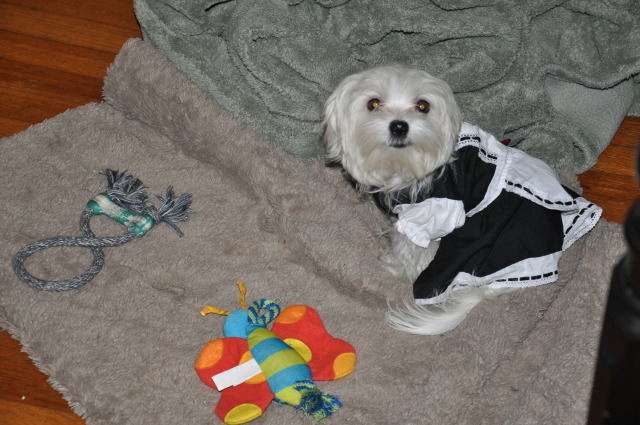 Potty problems
Question
QUESTION: Hii Okay i have a 6 month old
Potty problems
Question
QUESTION: Hii Okay i have a 6 month old
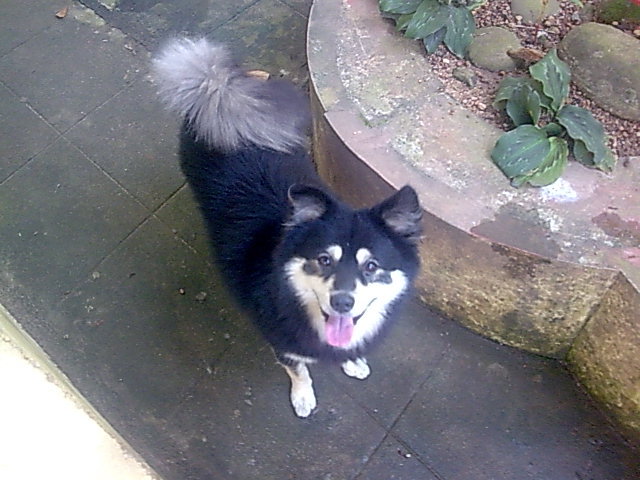 pooping and peeing
Question
snoopy
hi, my name is praveen n i have a dog t
pooping and peeing
Question
snoopy
hi, my name is praveen n i have a dog t
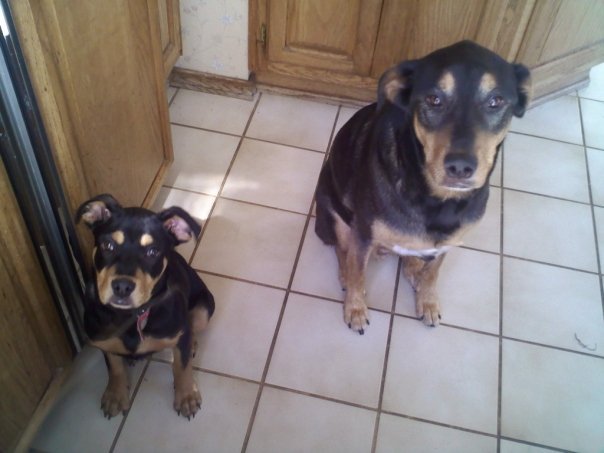 Dominant dog issues
Question
my 2 dogs
I have a 6 year old rottie/shepard m
Dominant dog issues
Question
my 2 dogs
I have a 6 year old rottie/shepard m
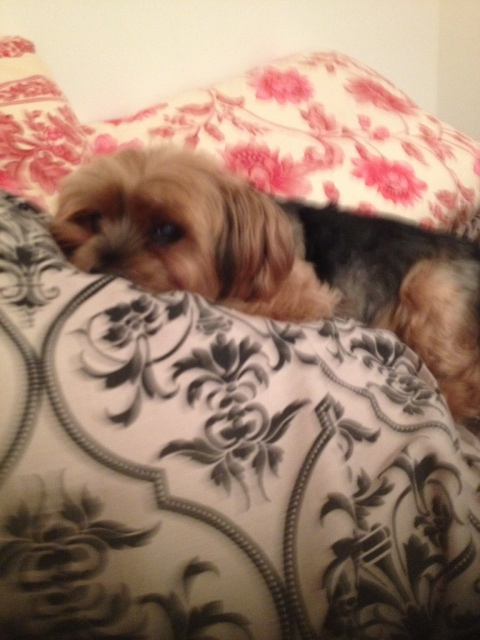 Cant afford medical care for my yorkie
Question
Mr. Bojangles BoBo
Hi, I adopted
Cant afford medical care for my yorkie
Question
Mr. Bojangles BoBo
Hi, I adopted
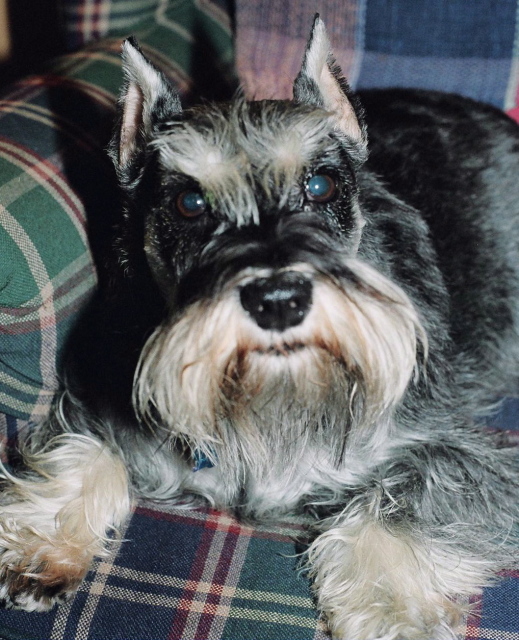 Miniature Schnauzer Flaky Skin
Question
Cicero
My 7-year-old miniature schnauzer Cicer
Miniature Schnauzer Flaky Skin
Question
Cicero
My 7-year-old miniature schnauzer Cicer